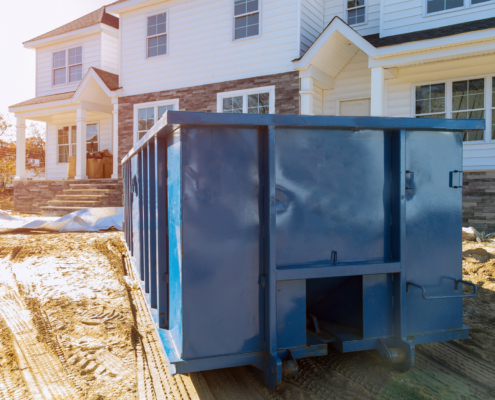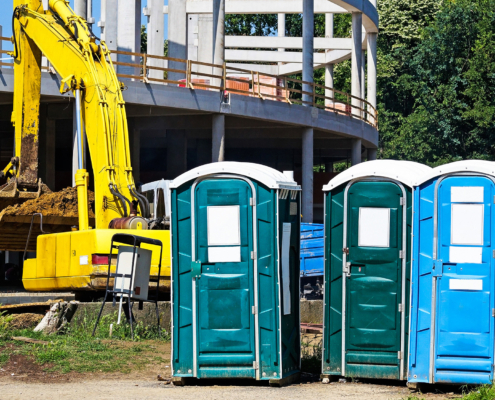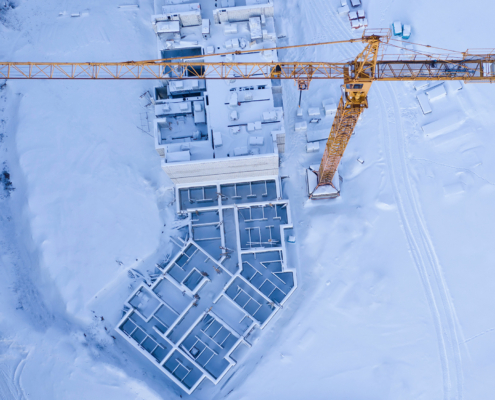What Is a Roll-Off Dumpster?
What exactly is a roll-off dumpster? How does it vary from a traditional one, and when will you need to use it? In this article, we’ll help you unravel everything there is to know about these unique waste disposal tools. You’ll find explanations of their role in waste management, detailed descriptions of different types, and helpful advice on identifying the right roll-off dumpster designed to meet your specific needs. Furthermore, we also give you a clear-cut outline of what you can and can’t put in them, alongside an in-depth discussion on their varied benefits, from efficiency and convenience to environmental sustainability and cost-effectiveness.






